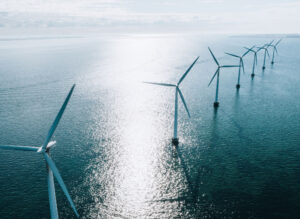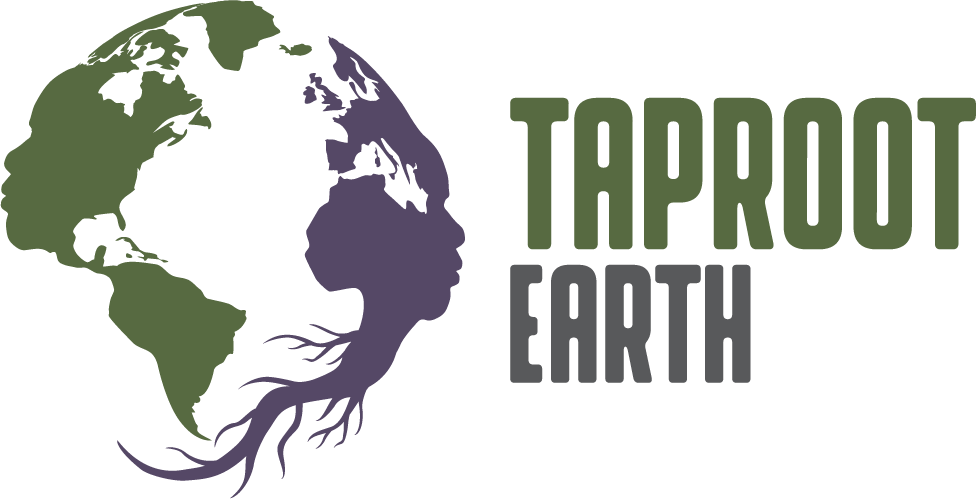FOR IMMEDIATE RELEASE: July 20, 2023
CONTACT: Kendall Dix, kdix@taproot.earth, 434-442-0179
 Today, the federal government announced the terms of the upcoming auction of offshore wind leases in the Gulf of Mexico that will take place on August 29, 2023. In summary, the Bureau of Ocean Energy Management (BOEM) chose not to support community benefits in their final lease sale notice– falling short of a critical tool to move us toward climate justice.
Today, the federal government announced the terms of the upcoming auction of offshore wind leases in the Gulf of Mexico that will take place on August 29, 2023. In summary, the Bureau of Ocean Energy Management (BOEM) chose not to support community benefits in their final lease sale notice– falling short of a critical tool to move us toward climate justice.
Offshore wind is a safer alternative to offshore oil and gas, where toxic chemical spills regularly threaten the health and safety of people and the environment. This lease sale notice is welcome news. However, simply putting wind turbines in the water does not do enough to create the accountability that the Gulf South needs to counter the decades of extraction that BOEM helped perpetuate through its offshore oil and gas permitting process.
Community benefits agreements have been a key part of successful offshore wind development in other regions. When BOEM held an offshore wind lease sale in California in 2022, there were bidding credits for companies that entered into community benefits agreements that would share some of the profits of offshore wind development with their neighbors. Gulf organizations had been urging BOEM in meetings and public comments since the summer of 2022 to preserve or improve upon this process. Instead, BOEM removed the community benefits provisions altogether.
“The people of Louisiana and Texas deserve at least as much support in the federal wind permitting process as the people of California,” said Kendall Dix, national policy director of Taproot Earth. “The Gulf of Mexico is a public body of water, so the energy produced there needs to benefit the public, especially the poor, Black, and Indigenous communities of the Gulf South who were mostly left out of the offshore oil and gas bonanza. We hope BOEM will continue to work with us on making sure the future of renewable energy in the Gulf is equitable rather than taking us a step backward as they did today.”
The final rules and regulations did have some bright spots, including:
*Bidding credits to bidders who commit to supporting workforce training programs
*Developing a domestic supply chain for the offshore wind energy industry,
*Bidding credits for establishing and contributing to a fisheries compensatory mitigation fund or contributing to an existing fund to mitigate potential negative impacts to commercial and for-hire recreational fisheries caused by offshore wind energy development in the Gulf of Mexico,
*Requiring that lessees provide a regular progress report summarizing engagement with Tribes and ocean users potentially affected by proposed offshore wind energy activities.
These stipulations can help create a more diverse workforce and good jobs in a region that for too long has relied on the harmful petrochemical industry. Tribal and community engagement is essential, especially with non-federally recognized tribes that don’t have access to the same benefits as federally recognized tribes.
While BOEM encourages the use of Project Labor Agreements to support the creation of unionized jobs, it falls short of incentivizing or requiring them as a lease provision. In order for us to make meaningful advances to environmental justice, the next offshore wind lease sale in the Gulf needs to start with justly-sourced renewable energy that centers frontline and impacted communities.


